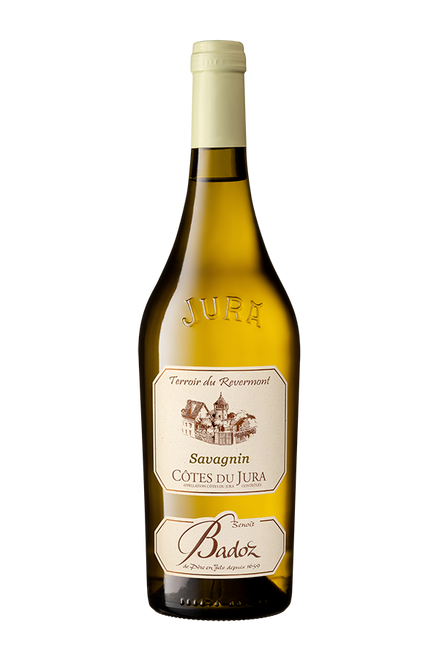Aroma
The very long ageing of Vin Jaune gives this unique wine its intense aromas
of walnuts and fresh morel mushrooms enhanced by spice.
Appearance
Bright yellow-gold in colour.
Palate
The palate is smooth and creamy, full-bodied and unctuous yet with exqui-
site balance between fruit and acidity.
Vinification
Ranked among the greatest wines of France, Vin Jaune is made exclusively
from savagnin grown on the blue limestone clays of the Jura. In the spring,
once the young wine has completed its malo-lactic fermentation, it is trans-
ferred to neutral oak barrels of 228 litres. The barrels are a minimum of 5
years, but many date from the era of Benoit’s grandfather in the early 20th
century. The cuvée is moved to the Domaine’s ancient barrel cellar cut into
the bed-rock of Poligny, home to the unique, ambient yeasts which permit
a ‘veil’ to develop over the wine, protecting it from oxidation. As the barrels
are never topped up over the 6 years, and no compensation made for the
evaporation of about a third of the original volume, the wine is bottled in the
special size of 620ml.
Food Matching
Vin Jaune pairs beautifully with an aperitif of Comté and walnuts. A superb
accompaniment also to snails, morel mushrooms (Coq au Morilles or Croûte
aux Morilles), trout, crayfish, scallops, frogs legs and even bitter chocolate.

Winemakers Comments